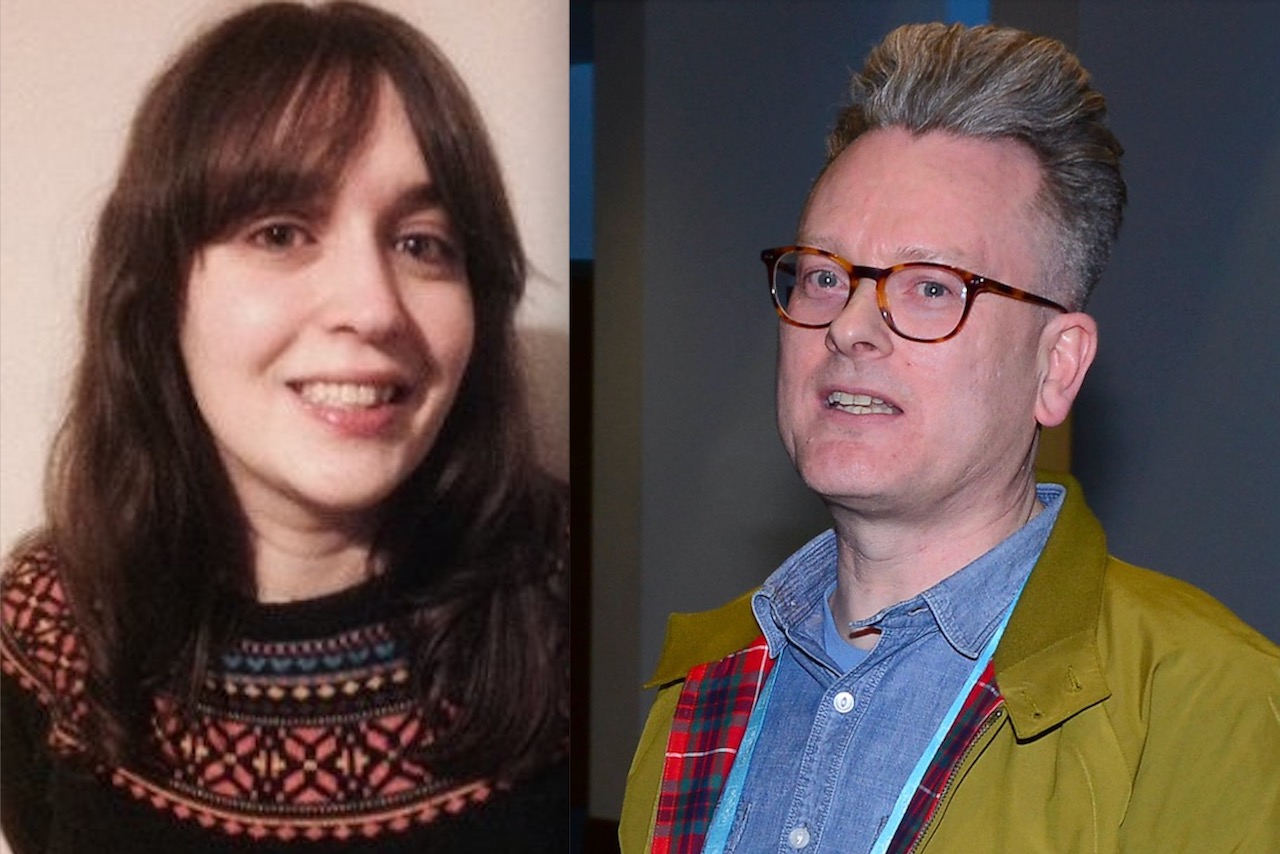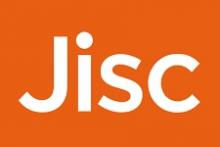All Things Must Pass

Andrew Barker and Elaine Sykes reflect on Lancaster University's shift to an open research culture
We begin this opinion piece with a statement of confidence, ambition and intent: this is the best and most exciting time to be a librarian; universities are progressing towards a new research culture, a culture that puts openness and equity at its centre - and librarians are using our knowledge, skills, relationships and our ambitions to be at the centre of that progressive shift. That shift includes, but is not limited to, the future of scholarly outputs, data, digital scholarship and citizen science engagement opportunities. This piece will outline thoughts from Lancaster University on what we are going to do to support the move to an open research culture, but it also make it clear that the status quo has to change, and we are explicit that now is the time to accept that change and for the sector to work together on a range of activities that cut across the different parts of our sector.
Beware of Darkness
With the recent conclusion in the UK of two significant journal negotiations (Elsevier in 2022 and Springer Nature in 2023) there has been a palpable sense within universities that despite the successful conclusion of both negotiations – in which the sector was able to successfully advocate for greater concessions than we have seen before - that simply continuing to negotiate as we have done in the past would be to tread water.
Indeed, the celebrations since the conclusion of the Springer Nature negotiation have been surprisingly muted and downbeat, a sense that we need more and different than this, but an uncertainty as to exactly what ‘more’ and ‘different’ translates.
This has led to a general feeling in every part of the research community that now is an opportune time to review the open access publishing landscape more fundamentally and seek to effect meaningful, beneficial change that removes barriers, improves equity and reduces costs. That we do not get bogged down in the slight sense of anti-climax we feel, but to use it as a springboard to something new, building on the substantial and progressive work of recent years.
Living in the Material World – the current open access landscape
Open access (OA) publishing has been on the rise over the last few decades, what was once seen as an outlier - an eccentricity of some librarians that simply could not work, has, through the leadership of both funders, as well as REF mandates, helped to drive a change in publications models that has seen more research published and available to all sections of our society. This is an important development as it has allowed much greater access to research than ever before including the people who actually funded much of this research (the public) who were previously excluded from this information by high costs.
In terms of opening up academic research to new audiences and removing barriers to knowledge, this movement has been highly successful and there is more high-quality research available to the public than ever before, all of which is a real positive to where we were quite recently when we paid high subscription costs to sit behind a walled garden.
However, we also had ambitions that the open access movement would realign the balance of power between researchers and publishers and reduce the financial amounts that HEIs are spending with large commercial publishers. We have not achieved that, yet, far from it – and, while we understand that publishers exist in a different market to universities, where increasing profit for owners or shareholders is for many (although certainly not all) publishers the whole reason to be in the sector - we also understand acutely that a significant proportion of that profit is derived from the largely voluntary work of academics. Yet open access publication models continue to be expensive and complex to navigate: this must change.
If scholarly publishing is market- or profit-driven, then that market is focussed on the much criticised and less less tangible ‘prestige’ factor. This prestige factor is one of the hardest elements to overcome precisely because it is so (possibly usefully) intangible, but its existence allows so called ‘prestigious’ publishers to charge such high amounts - they know that demand will continue to be high because of the ‘prestige’.
That said, dissatisfaction with the existing scholarly publishing system is growing amongst researchers, libraries and other key stakeholders who highlight the high costs, obscure pricing models and unfavourable business practices amongst their chief dissatisfactions. This dissatisfaction has manifested itself in many ways – ranging from emails from researchers to library staff criticising ‘legacy publishers’ and sharing their frustration in committee meetings, to an open letter to Library Directors signed by 100-plus academics expressing their desire to see academia turn away from large commercial publishers as well as several high-profile editorial journal board mass resignations.
Jisc, and other bodies, including SCONUL, RLUK, and the N8 group of Library Directors have also highlighted the need to consider, and provide leadership on what comes next after transformational agreements, that is where we are, but we are now beginning to progress identifying new approaches.
Try Some, Buy Some
Although as a sector we continue to consider what comes next, we at Lancaster are focussed on a variety of new initiatives to redress the current model, and to bring leadership and innovation to the landscape. This goes from alternative publishers, including university presses, scholarly societies and not-for-profit publishers. At Lancaster, we are also dipping our toes into a variety of new publishing models – which go beyond just journal publishing, and include our involvement as a named partner on a Lancaster University led, multimillion pound research project, looking at establishing an alternative funding model and infrastructure for Open Access Books: Open Book Collective.
Beyond this, we will continue to experiment and find new models to work with and invest in, to that end we have reimagined how we invest our money, creating a new content and scholarship vision and budget to enable us to move more of our funding directly into open access opportunities away from legacy models of publishing.
Got My Mind Set on You
So where is the sector going, what does the future look like and what role will libraries play in it?
Libraries have established a very different role within our institutions over the last ten years, using our old skills to develop new opportunities taking us from simple service provider to established partner – a partner in the shifting research culture working with academics, publishers, the public and other stakeholders to build on our skills relating to data, our ability to connect all parts of the scholarly communication - and our determination and ability to get things done.
As we stated at the start of this piece, this is the most exciting time to be a librarian and to work in libraries – we want to bring positive change to the sector that goes beyond simple procurement, and by working in partnership with those willing to work with us to enhance research culture within and without our institutions. We will bring that change.
Andrew Barker is Library Director, Lancaster University; Elaine Sykes is Acting Associate Director: Content and Open Research, Lancaster University










